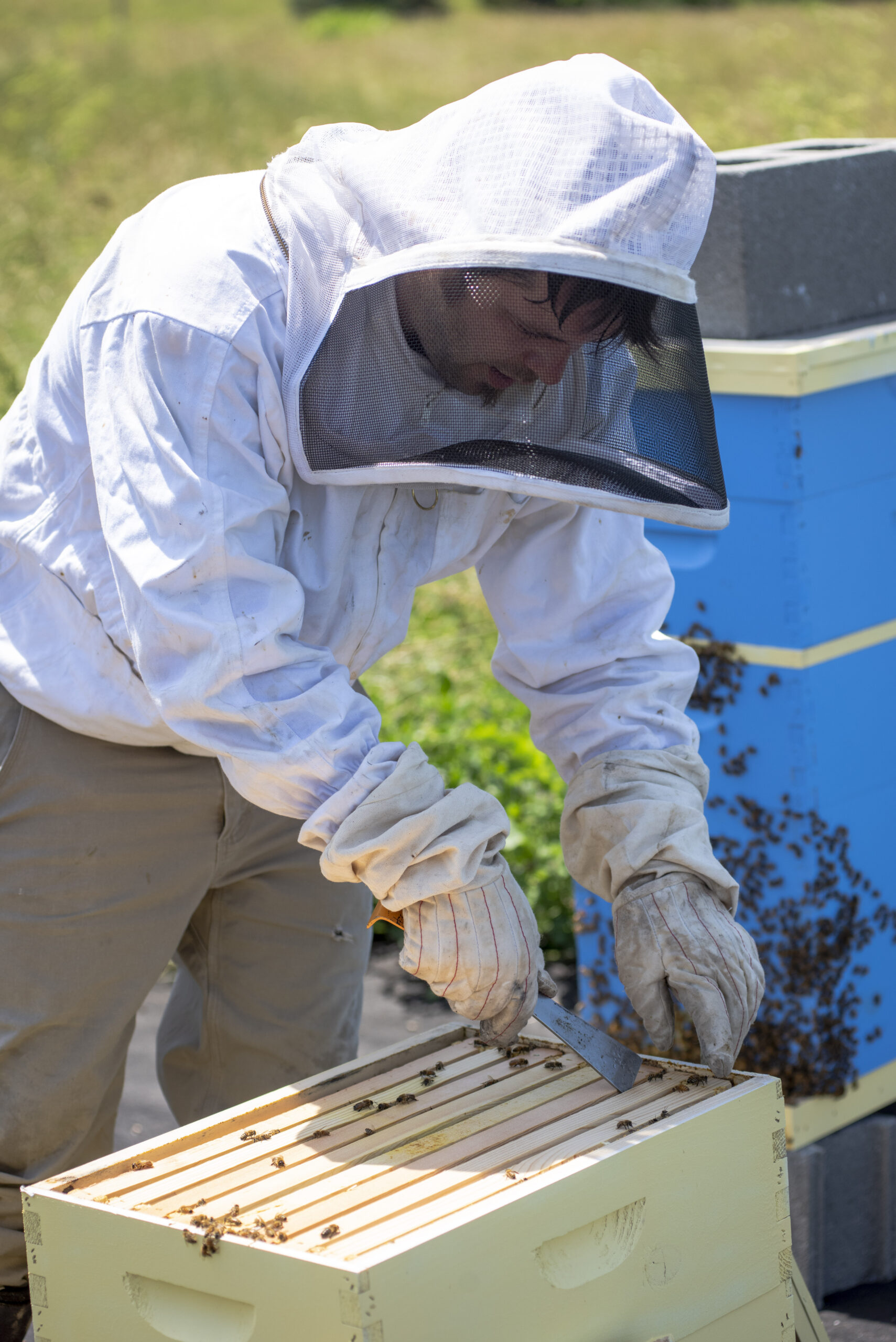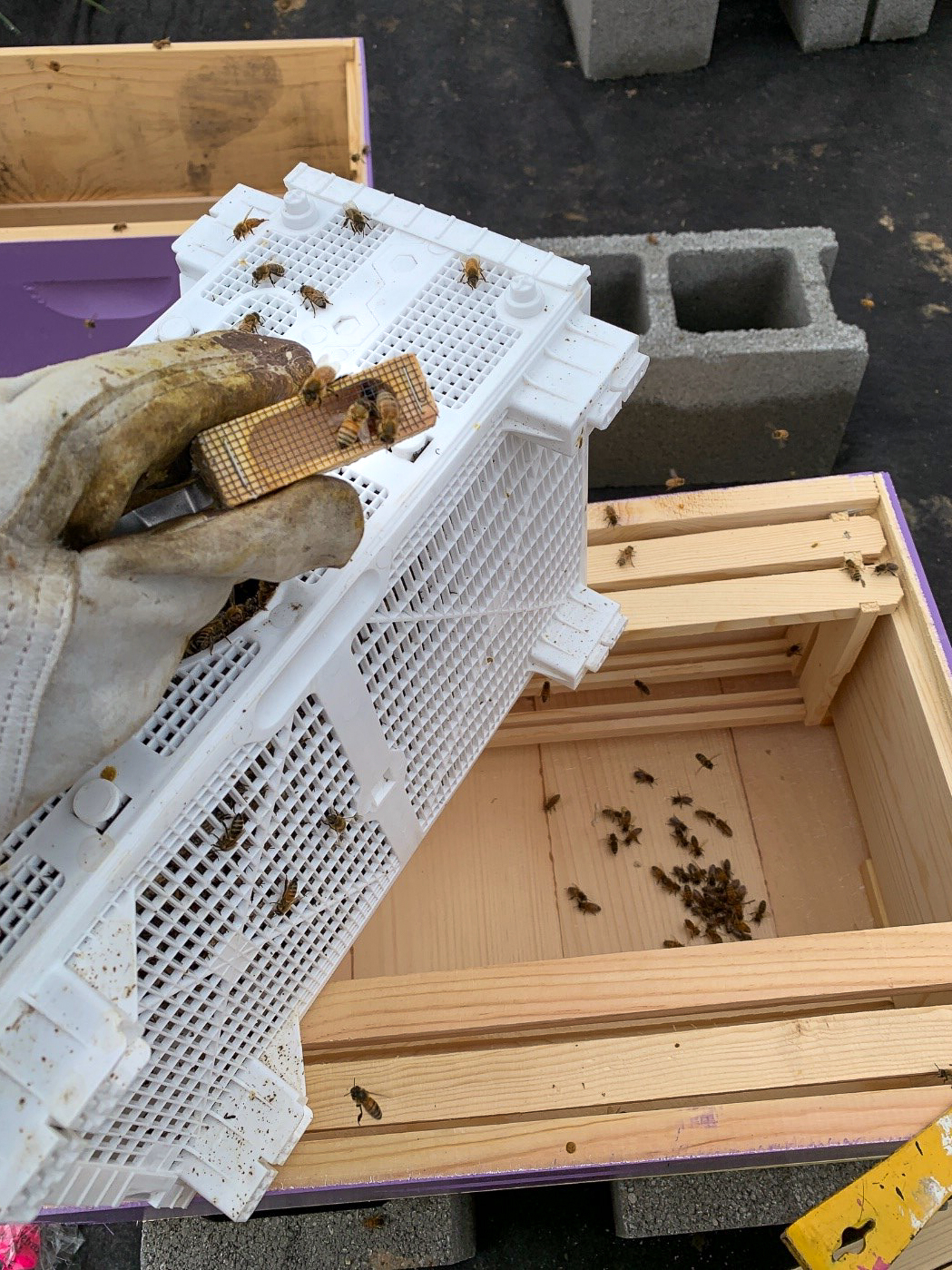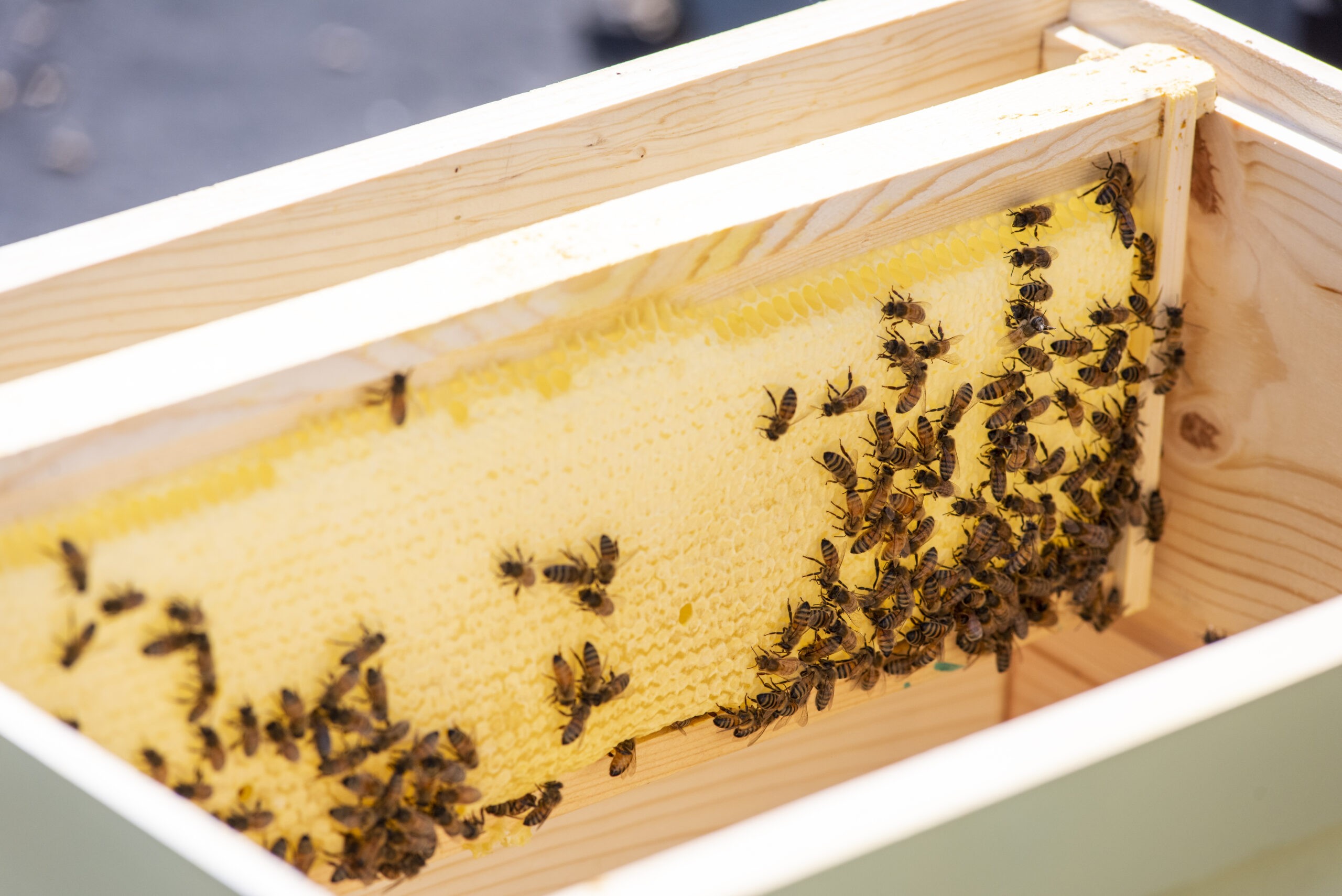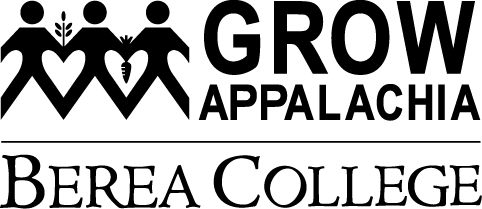When John Paul and Eloise DeJoria visited Grow Appalachia at Berea College in the fall of 2019 they were able to meet with folks from all over the region who had been impacted by the work of Grow Appalachia. Building food security, making high quality locally grown fruits and vegetables available across a wide range, hosting hundreds of educational events and classes, growing local economies literally from the ground up – these were among the powerful results of the DeJorias’ strategic investments in Grow Appalachia. The actual work on and in the ground continues to respond to the needs of the families and small farmers of central Appalachia. Recognizing this the DeJorias, in addition to their major contribution that year, made several smaller grants to enhance projects that had clear potential. The DeJoria Beekeeping Project was among these.
Grow Appalachia has always been deeply involved in the management and promotion of pollinators and pollinator friendly planting for over a decade. This new funding allowed an expansion of this work. Originally envisioned as a series of face-to-face learning opportunities at a to-be-established new apiary on the Berea College Farm. These plans, like so many in spring of 2020, were forced to rethink their approaches and pivot in ways that would allow the work on their core missions to continue in the face of an unprecedented challenge to public health and civic life. The question was,” How could we use this funding strategically to make beekeeping a part of more small farm production systems and showcase beekeeping as an engine of economic development in the region?”
Four goals emerged from the many discussions concerning the beekeeping project:

The new apiary was established at the College farm, but access was restricted to College staff and a local beekeeper, Craig Thivierge, who continues to manage the actual beekeeping elements of the project. By trialing different commercially available strains of bees in conjunction with a number of captured swarms of feral bees the goal was to identify a form of beekeeping that minimizes or even eliminates the use of synthetic pesticides. This part of the project has expanded into five sites in the Berea/Madison County area in 2022 designed for an average of five hives per site. These hives will be split and shared and new queens raised to be shared with growers throughout the Grow Appalachia service area. Grow Appalachia partner sites in four states will be partnering with the Berea operation to take this work far afield in the region.


Working with Berea College Students
At least one new student-designed hive is being prototyped to hopefully undergo field trials at some point in 2022.
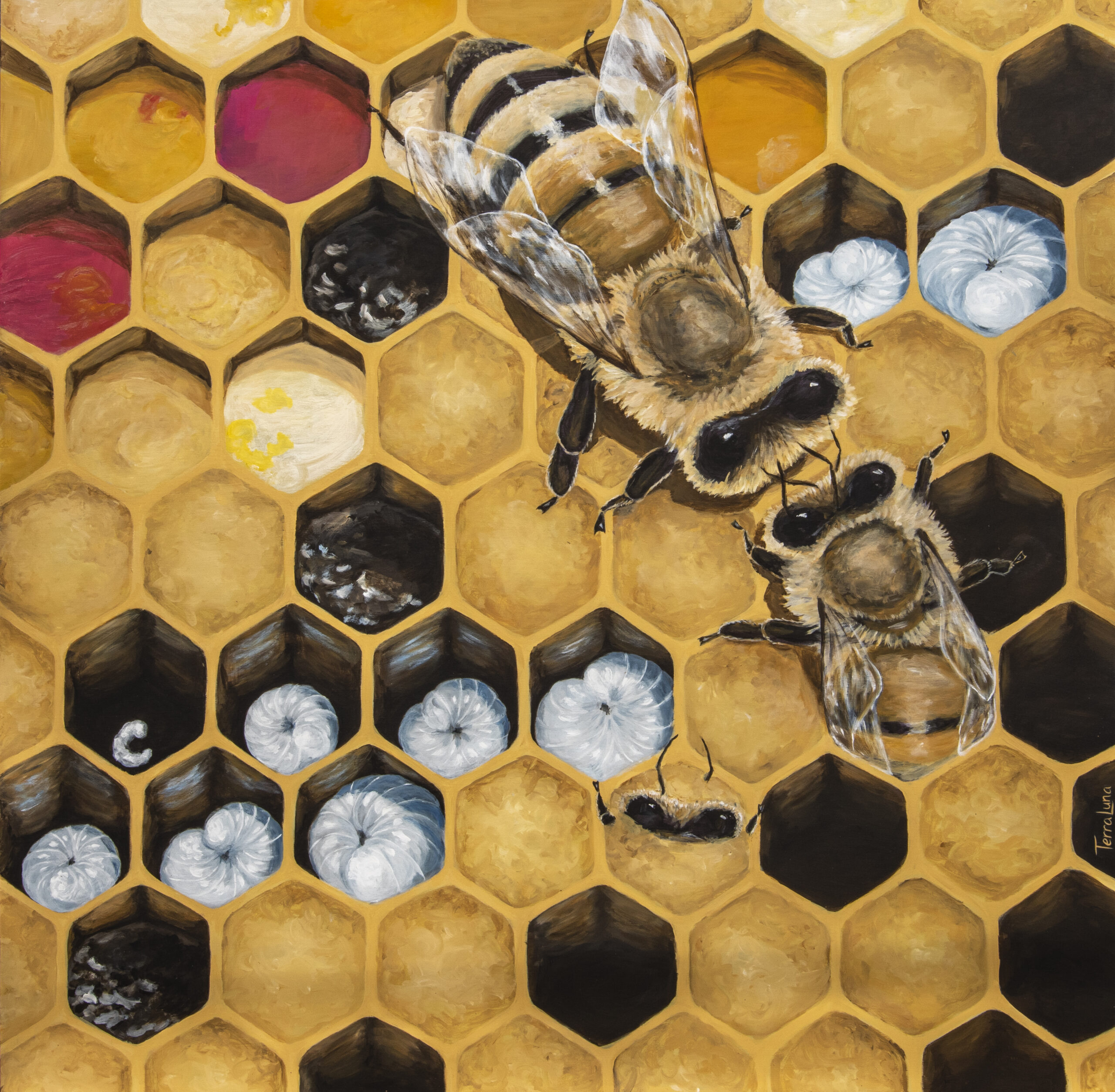
Public Art
Two murals, designed and painted by local artist Terra Luna Cash, have been completed and installed on the Berea College campus.
Honeybees are, of course, not the only pollinators of importance in the food chain. There are dozens of native bees, wasps, butterflies, moths and flies, not to mention a number of bird species, that play their part. But none of these have the allure and mystery of honeybees; none of these lend themselves to intentional management like honeybees; and none of them produce the wonderful array of natural products that the honeybee does. There is honey most prominently but also beeswax, propolis, royal jelly and more.
Berea College is recognized as an affiliate of Bee Campus USA , an initiative of the Xerces Society for Invertebrate Conservation, a nonprofit organization based in Portland, Oregon. This affiliation makes the DeJoria Beekeeping Project even more significant as a part of the work of Grow Appalachia at Berea College.
Grow Appalachia is proud to be engaged in this important work and looks forward to the future of beekeeping and pollinator development in the region.
